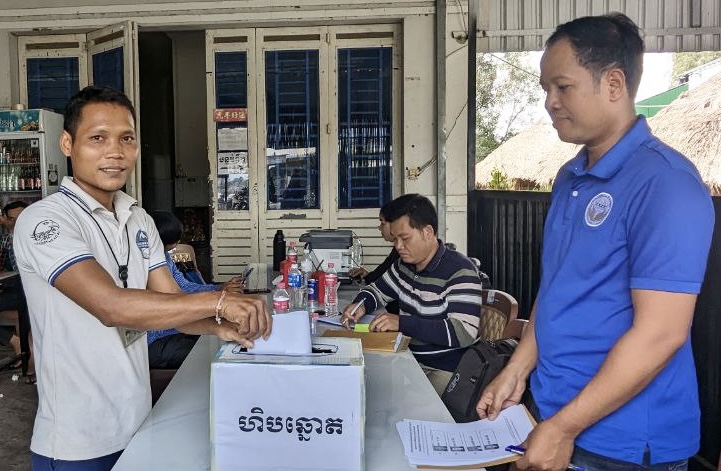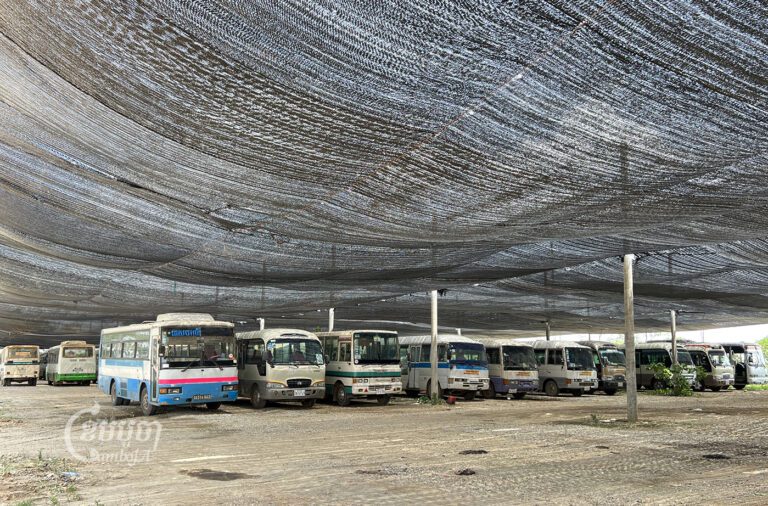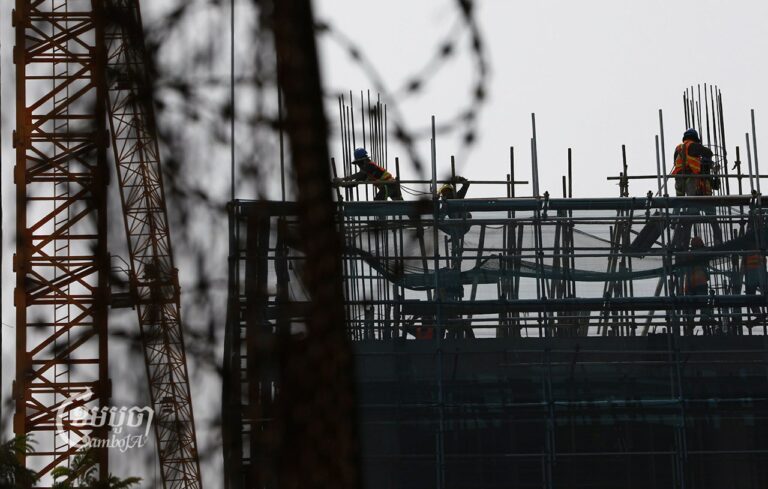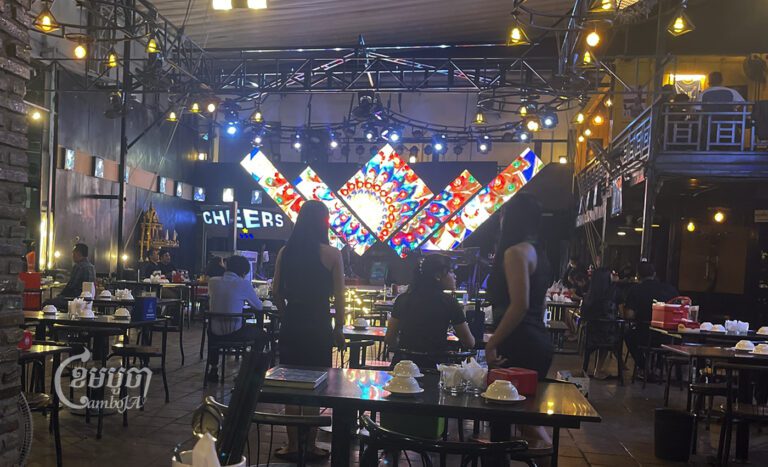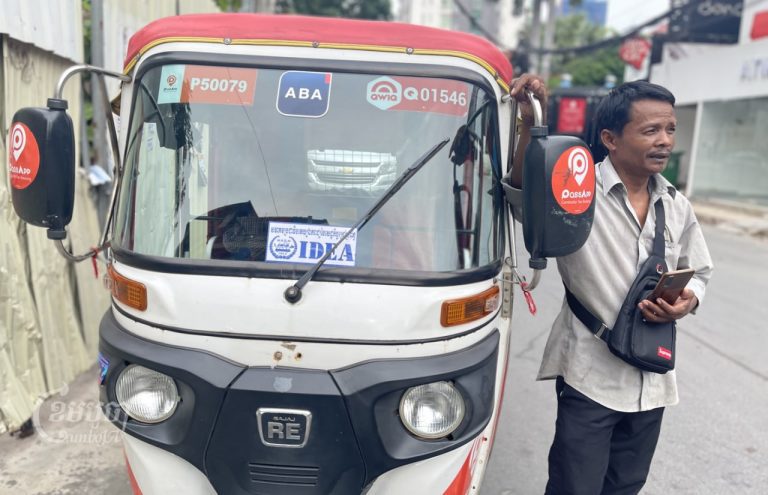The National Social Security Fund (NSSF) announced on Sunday that it will not provide social security cards to anyone who does not show proof of COVID-19 vaccination after the Phnom Penh administration put in place measures requiring people to show their vaccination cards upon entering and exiting public and private institutions in the capital.
“From the date of this notification, every time you come to receive services at all headquarters of NSSF for all capitals, provinces and districts, you have to present a COVID-19 vaccination card or COVID-19 vaccination certificate,” the announcement said. “In the absence of a vaccination card, the NSSF will not provide services for them.”
The announcement follows measures announced by the Phnom Penh municipal authority on October 5 instructing all members of the public above the age of six to show their COVID-19 vaccination card when entering schools, markets, factories and other public and private spaces in the capital. Institutions not requiring people to show proof of vaccination on entry could face the withdrawal of their business license or even closure.
NSSF spokesperson Heng Sophannarith told CamboJA that the new restrictions will only apply to people applying for NSSF cards, not their ability to access social services such as healthcare already offered under the social security programme.
“I want to verify clearly that the NSSF is just following the instructions [of the City Hall],” he said. “When they need to go to create an NSSF card, they must show their vaccination card.”
He added that in cases where workers did not have vaccination cards, they would need to request a letter from a health centre explaining the medical reason, such as pregnancy, why they have not yet received the vaccine.
Hort Vanthy, O’Russei market’s administration chief, said that O’Russei market had been implementing the instructions since October 8, after the Pchum Ben holiday.
“If any people do not have a vaccination card, we do not allow them to go into the market,” he said. “But most of them have it, or sometimes, they do not bring it on their person, but they take it in their smartphone.”
“I deployed my staff at all gates to check the vaccination cards of the people who go into the market,” he said, adding that the market was also following Ministry of Health instructions including the wearing of masks and social distancing measures.
So Bopheak, 37, a vendor who sells drinks and groceries in Phnom Penh, said that in some markets the security guards were asking people to show their vaccination cards before entering, though other markets were not asking.
“Whether they ask us to show our vaccination card or not, I still protect myself by wearing a mask and using alcohol [to clean my hands] every time to ensure my safety,” she said.
Tho Kosal, 33, a garment worker in W&F Factory in Dangkor District, said that he rarely goes outside, so he is not sure about providing his vaccination card before entering buildings.
“Actually, most workers are already vaccinated and I’ve been injected with the second dose already, so if they require us to provide our vaccination card, it doesn’t matter,” he said.
“For the factory that I work at, they only choose workers who have the vaccination card. If not, they don’t select you, so it’s hard for people who aren’t vaccinated to find a job.”
Cambodian Alliance of Trade Union (CATU) president Yang Sophorn said that the choice to be vaccinated or not should belong to people and workers, not something forced on them by public policy.
“Previously, almost all people were getting vaccinations except people who have weak health, sickness, high temperatures and pregnant women,” she said. “Now that they require people to show their card, it’ll affect those people and workers.”
Yong Kim Eng, president of the People Center for Development and Peace, said that the NSSF’s new requirement was not a good decision.
“If they absolutely require people to have a vaccination card, it will affect their right to receive the NSSF,” he said.
He added that they should be forgiving of any people who do not have a vaccination card, as some people had valid health reasons for not receiving the vaccination.
“The most important thing is whether shops or markets correctly implement Health Ministry measures,” he said. “If they do not implement it correctly, even if they are vaccinated with one or two doses, there will still be infections.”
Phnom Penh city hall spokesman Met Measpheakdey and Phnom Penh deputy governor Keut Chhe could not be reached for comment.
A Ministry of Health report on October 10 showed that 13,492,406 people had already been vaccinated with the first dose and 11,498, 517 people had received both doses of the vaccine. In addition, 923,259 people received a third dose as a booster against the virus.
Cambodia’s total vaccination rate as of October 10 was 99.20% out of a target population of 10 million, and 89.81% of children aged between 12 and 18 out of a target population of 1,966,931 as well as 95.18% of children aged between six and 12 out of a target population of 1,897, 382.



